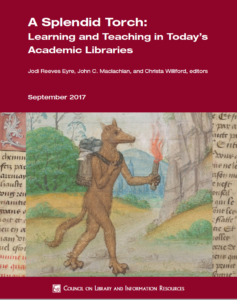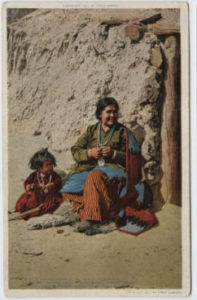After a year of hiatus in 2020, the American Studies Association virtually resumed its annual meeting this year under the theme, “Creativity within Revolt.” The theme acknowledged that “Revolt is a condition of being in ‘America’ for those who refuse to (or simply cannot) tolerate its normalized domestic and global productions of state and extra-state violence” and encouraged “a rigorously critical conceptualization of both ‘creativity’ and ‘revolt,’ as well as an interrogation of what it might mean to inhabit the ‘within’ of revolt” (conference website).
I have been active in the ASA in various leadership positions of its Digital Humanities Caucus for the past 5 years. This year, as the Past Chair, I organized and moderated the panel, “Creative Revolt within Student-Centered Digital Humanities,” which addressed the hardships of faculty in smaller institutions who are increasingly expected to engage with digital tools in the classroom, often with little to no regard for the funding, training, infrastructure, and interdisciplinary collaboration required to create and sustain DH projects and programs. The panelists spoke about ways they have addressed such outsized expectations at small, teaching-focused institutions through developing meaningful pedagogy, community-facing projects, and student-led research opportunities for undergraduate students. The panel program includes the full list of presenters and the resources discussed during the presentations and Q&A.
The DH Caucus also organized a Digital Shorts panel, a series of flash talks in which participants introduce their DH research and teaching projects. Projects featured this year included
- City Stories, a community storytelling platform on the evolution of neighborhoods in Singapore (led by Kristy H.A. Kang, Nanyang Technological University),
- The Anti-Eviction Mapping Project, which creates resources to support the work of housing justice (led by Erin McElroy, University of Texas at Austin),
- Mina Loy: Navigating the Avant-Garde, a website that employs feminist design principles in its aim to broaden understanding of the diversity of avant-garde production in the 20th century (led by Suzanne W. Churchill, Davidson College; Linda Kinnahan, Duquesne University; and Susan Rosenbaum, University of Georgia).
To draw more participants to our annual DH Caucus Business Meeting, this year we included a panel on Publishing in the Digital Humanities, featuring Friederike Sundaram (Stanford University Press), Sara Cohen (University of Michigan Press), and Amanda Phillips (Georgetown University, co-editor of Queer / Trans / Digital series with NYU Press). In this very informative panel, we got to hear from editors on their presses’ process of evaluating, selecting, editing, and publishing digital projects.
There were quite a few DH Caucus-sponsored panels, and even more DH themed panels–too many to talk about here! Overall, it was a great conference, even though it was disappointing not to gather in-person in San Juan, Puerto Rico as was originally planned. Still, the organizers did a fantastic job of pivoting such a large group of people to a virtual format at the last minute! I am hopeful that the ASA will be able to resume its in-person annual meeting in New Orleans in 2022.
Originally published on the Inside ZSR blog, October 25, 2021

